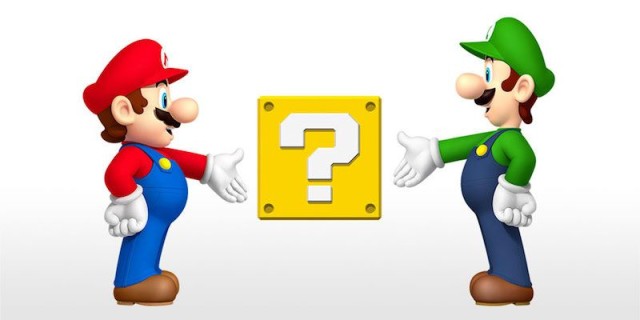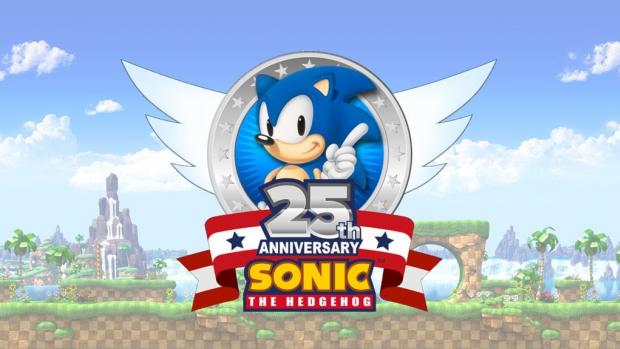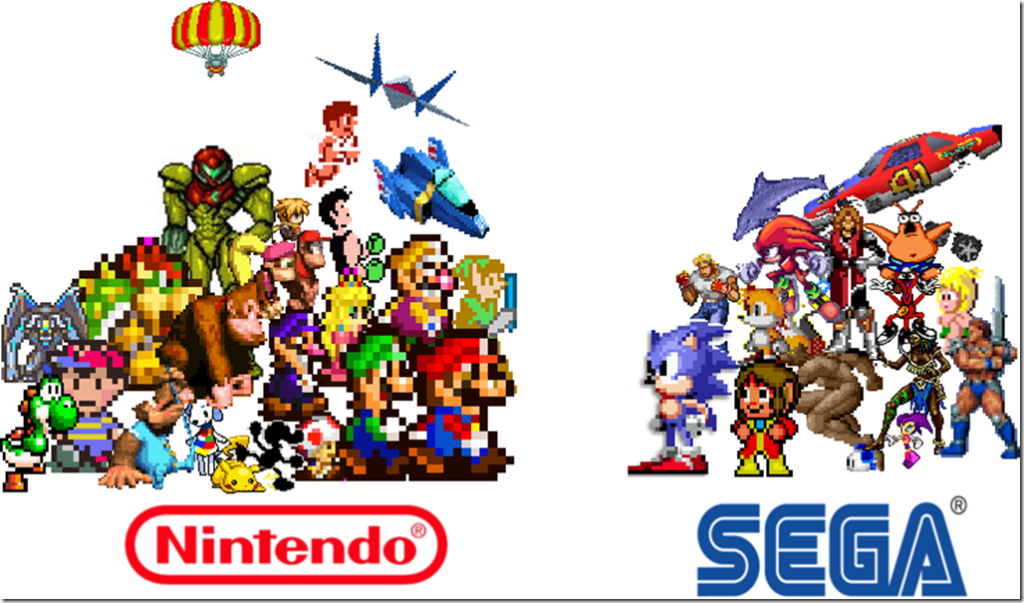If you can sing the Nintendo cereal jingle or can’t say “Sega” without yelling it, chances are you grew up in the ’80s and ’90s. Few video game publishers have stood the test of time like these two, and there’s good reason for it. Many of those with fond memories of crushing blocks with Mario or collecting rings with Sonic now have children of their own, and want to share those experiences with the next generation. While both companies have seen their ups and downs, it doesn’t appear that Nintendo or Sega will be disappearing any time soon, thanks in part to feelings of consumer nostalgia.
Nintendo has continued to innovate since the golden days of Super Mario Brothers, introducing new games, new consoles and expanding into the lucrative mobile gaming market. However, the main driver for its most successful franchises is nostalgia for brands like Super Mario Brothers, The Legend of Zelda and Pokémon. Case in point—the infamous moment when Nintendo announced The Legend of Zelda: Twilight Princess during its E3 2004 press conference: a standing ovation, thunderous applause and rumors of grown men bursting into tears. During E3 2016, Nintendo devoted its entire 30,000 square foot booth to The Legend of Zelda: Breath of the Wild—a fully-immersive experience that allowed fans to explore the world of Hyrule. By stirring nostalgia in the press, Nintendo knew that positive messages would be relayed to fans abroad.

Pokémon GO combined powerful nostalgia, brand recognition and accessibility to create a worldwide phenomenon—fulfilling the childhood wishes of those who wanted to go out and catch ’em all. The craze has resulted in a surge of demand for Pokémon toys, so Nintendo plans to explore merchandising as a focused revenue stream.
“We are now expanding how we leverage Nintendo IP in various ways beyond our traditional use of them predominantly within the dedicated video game platform business,” Tatsumi Kimishima, the company’s president, wrote in a message to investors.
Nintendo also unveiled the mini NES, a contained unit pre-packaged with 30 classic titles. The unit looks exactly like the Nintendo from childhood, which in itself could result in a nostalgia-driven buy.
“We wanted to give fans of all ages the opportunity to revisit Nintendo’s original system and rediscover why they fell in love with Nintendo in the first place,” said Nintendo of America president and COO, Reggie Fils-Aimé. “The Nintendo Entertainment System: NES Classic Edition is ideal for anyone who remembers playing the NES, or who wants to pass on those nostalgic memories to the next generation of gamers.”

Sega, although no longer in the console business, is still very active in the world of video games. Celebrating 25 years of Sonic the Hedgehog, Sega hosted a party at the San Diego Comic-Con, during which two new Sonic games were announced. Ivo Gerscovich, chief brand officer for Sonic the Hedgehog and senior vice president for Sega of America told [a]listdaily that they brought some extra nostalgia to the event, recreating a classic TV commercial moment. “[We surprised] the over 1,500 people at the [SDCC] party and spontaneously recorded the “SEEEGGAAAAA!!!!” audio cue using their voices,” Gerscovich said.
In April, Sega launched Genesis & Mega Drive Classics Hub, a community where people can find and share user-generated content, on Steam. Sega fans can upload ROM hacks of classic Sega games that come with custom, modded features. In its first month, Sega sold over 350,000 copies of classic Sega Mega Drive and Sega Genesis games on Steam worldwide.
“350,000 sales is a phenomenal achievement for content which is over 20 years old,” said James Schall, Sega Europe’s director of digital distribution. “It shows that there’s still a huge following out for the Sega Mega Drive and Genesis, reinvigorated by the fantastic community of modders out there uploading great content.”
Although not released by Sega, three classic Disney Sega Genesis titles—Alladin, The Lion King and The Jungle Book are now available on GOG.com, a 16-bit blast from the past that capitalizes on those Sega Genesis platformer marathons.
Consumers trust what they know, and research shows that emotional connections result in stronger brand loyalty. Analytics firm, Gallup, reports that economic decision making is 70 percent emotional and 30 percent rational. Consumers with strong emotional connections to retailers will visit their stores 32 percent more often and spend 46 percent more money than those without emotional bonds.
A brand doesn’t have to be from your childhood to get you “right in the feels,” but as these two brands show, it certainly doesn’t hurt.

